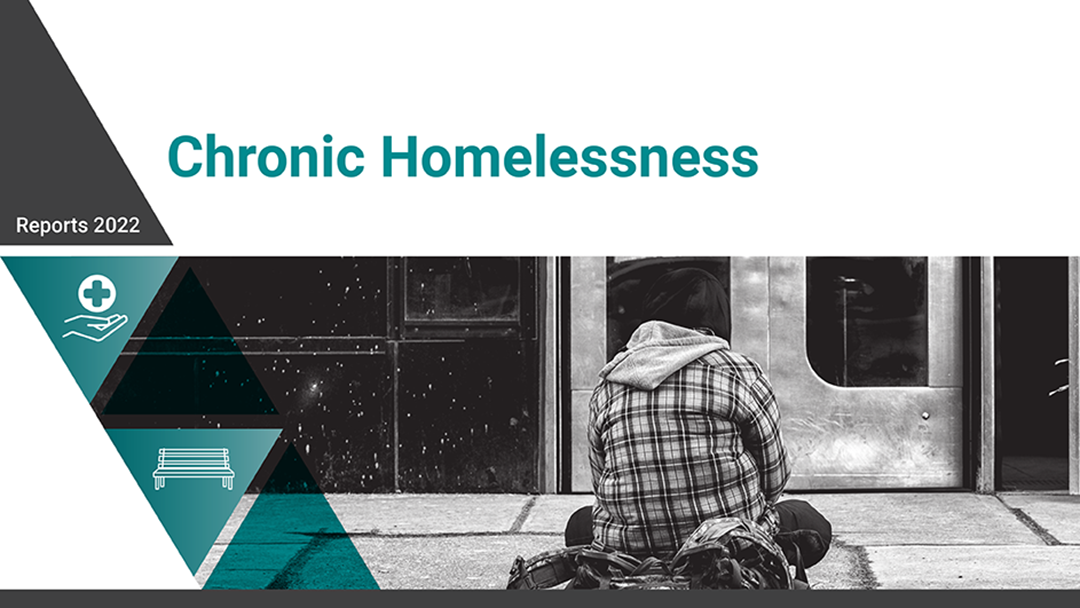The federal government’s National Housing Strategy (NHS) has been underway now for five years. Recently, it was the subject of a critical report by Canada’s Auditor General, Karen Hogan, which was tabled on November 15. In her view, after spending billions of dollars, the federal government is not in a position to assess whether its fight against homelessness is effective.
While neither Canada Mortgage and Housing Corporation (CMHC) nor Infrastructure Canada know exactly how many people are homeless, chiefly because this number is a moving target – homeless individuals do not add their names to a directory when they lose their housing, neither do they send notices when housed – the Auditor General’s analysis misses the point.
According to Ms. Hogan, CMHC and Infrastructure Canada, the two main agencies responsible for implementing the NHS, are unable to assess the impact of their efforts on the fight against homelessness. This is very different from not knowing how many people are homeless. Every dollar that has been spent is traceable and resulting positive outcomes are identifiable. Thousands of homes have been built since 2017. We know where they were built, how much they cost, and who lives in them. It is therefore incorrect to claim that billions of dollars have been squandered without controls in place, as the report suggests.
It is also somewhat unreasonable to place all responsibility for the housing crisis on the shoulders of these two organizations. Homelessness is a complex phenomenon, and not all the factors that led to it is controlled by CMHC or Infrastructure Canada. They are not responsible for fiscal policy, rising interest rates, inflation, or the two years of COVID that we have just lived through.
Oversights in the report
What would have been interesting to see in the Auditor General’s report is a reflection on the objectives that were set in 2017. For one, deciding to set a target for reducing chronic homelessness by only 50%. Knowing that approximately 80,000 people were homeless in 2017, we can only conclude by this metric that it is acceptable for 40,000 Canadians to have nowhere to live.
Another issue that would have been interesting to raise is the lack of resources allocated in 2017 to achieve this objective. For almost 30 years, there has been very little public investment by the federal government to address the deteriorating housing supply. Today, we are asking CMHC and Infrastructure Canada to correct the situation with a budget that does not consider the backlog created by the years of neglect.
Add to this the difficulty of attacking a moving target. First, because the health care system is crumbling everywhere. For example, mental health issues have increased dramatically with the pandemic and there are insufficient services to meet demand. Second, the price of rents has risen significantly since 2017 due to a speculative phenomenon that tax policies have not been able to control. These two conditions alone have created precariousness for tens of thousands or even hundreds of thousands of people, many of whom have become homeless during this period.
More means and agility to emerge from the crisis
We must first ensure that the resources allocated to combat homelessness are related to the targets we set. The NHS is bearing fruit. It is certainly not perfect, but overall, it is not that the actions taken that are wrong, it is those that we have not been able to take due to lack of resources that are the problem.
We also need more flexible strategies. The time taken to implement programs is too long. A government agency can easily spend two to three years analyzing data before launching a program. However, circumstances related to homeless specifically and housing in general fluctuate constantly. This leads to a significant gap between programs as they are developed and the reality which they are intended to address.
The response capacity of CMHC and Infrastructure Canada could be improved by better integrating front-line organizations into program development and delivery. We must take advantage of the experience, expertise, energy and will of community groups that provide services to homeless individuals. Right now, decisions are made behind closed doors by bureaucrats. They do not have the organizational flexibility to act quickly in response to a constantly changing reality. The agility of front-line organizations is a major advantage that political authorities, both federal, provincial and municipal, would do well to integrate into their arsenal of responses to the crisis.
There are a number of examples to demonstrate this, which remain modest but are proving their worth. The government has signed agreements with community housing organizations, including the Community Housing Transformation Centre, to take advantage of their organizational agility. It is a proactive approach that reduces the administrative burden characteristic of government agencies. The ensuing direction, allocation process, and program implementation evolve and adjust according to results seen on the ground. Within this model, the role of government agencies is to set targets and monitor the results achieved by the sector.
What is the future for the National Housing Strategy?
The issue we face with the Auditor General’s report is throwing the baby out with the bathwater. If opposition parties use its conclusions to get rid of the NHS, we risk a damaging setback.
The thousands of housing units that have been built over the past five years benefit tens of thousands of Canadians. We wouldn’t have had them without the NHS. There is room for criticism as the strategy does not address all issues. Without a change in the pace of intervention and without adding more realistic methods to address the crisis, we will not reach the 50% target. However, the NHS remains step in the right direction.
Stéphan Corriveau
Executive Director, Community Housing Transformation Centre



